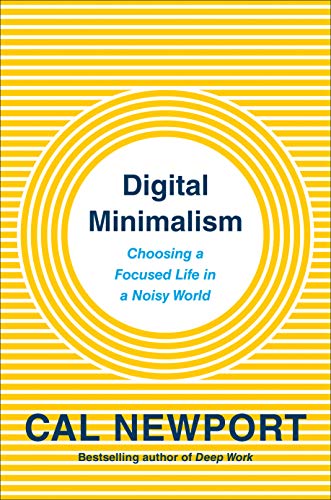On March 8, 2019 I sent a communication which included several actions of the Conference of Bishops, including a proposed document "Trustworthy Servants of the People of God." (My initial communication can be viewed here.)
The Conference of Bishops affirmed this document (Trustworthy Servants...) as a timely replacement and a faithful expression of our calling to serve as Rostered Ministers in this church. That document can be found here.
The document is currently in draftform as it goes to the ELCA Church Council for review and possible action. Until yesterday, March 18, synodical bishops were asked to receive feedback from Rostered Ministers and Layperson in their synods. Bishops were then to forward that feedback to the Chair of the Conference of Bishops so that a summary report may be submitted to the ELCA Church Council.
Here is a summary of the feedback I have received:
Findings
I received 27 emails regarding this document:
· 4 from lay persons
· 17 from pastors
· 2 from deacons
· 2 from individuals in candidacy
· 2 others who did not identify themselves.
An additional email was a report from a group conversation. I also had 3 telephone conversations and 1 individual who left a lengthy voice message. This totals of 32 points of contact.
As a reference of comparison........
· In January my letter regarding “The Wall and the Government Shutdown” received 6 responses.
· My February request for input regarding “Everyday Spirituality” received 101 responses from laypersons and 6 from rostered leaders during an initial ten-day period.
Feedback
The feedback I have received can be summarized into three categories. Affirmations, Suggestions, and Criticisms as follows:
Affirmations
1. The majority of respondents indicated general support of the document while offering suggestions for improvement (see below). The areas which received the most affirmation was the section on self-care, the part on attending to one's health and fitness as well as the area of personal financial management.
2. There was support for replacing the older document titled "Visions and Expectations" which was viewed by respondents as "outdated", "having a history of misuse", and "so long no one read it, or only read the sections on sexual conduct."
3. Six persons articulated an appreciation for the tone of the new document while making suggestions regarding particular language in specific passages. (Note: All of these suggestions are being passed on to the ELCA Church Council through the Chair of the Conference of Bishops.)
Suggestions
1. Two persons indicated they had wished the document included more of an emphasis on the "missional" or "evangelistic" nature of the office of pastor. They offered language which would affirm the congregation as an agent of change in society for the sake of the gospel.
2. Another person felt the document needed more emphasis on the external life of the office of the pastor. They appreciated the section on Creation Care but perceived it as an "add on." Their suggestion was for a more robust emphasis on the pastor as a public theologian or public church leader.
3. Several people made suggestions to improve the language of sections that seemed to lack clarity or used phrases that confused what they believed was the intent. These detailed suggestions have been forwarded.
4. I also received feedback regarding the unique attributes of deacons (Office of Word and Service)
5. Three persons offered extensive notes with line by line questions/comments/suggestions. (Note: I have tried to capture some of what they offered here but will also forward these more extensive writings in their entirety with my report.)
Criticisms
1. The primary area of criticism was regarding the process. The feedback was divided equally among those who wanted particular groups involved in the shaping of the document, and those who felt the timeline was too short for feedback.
2. The second area of criticism was regarding expectations of marriage as a prerequisite of cohabitation. The criticism was mostly, though not exclusively, out of concerns for the financial impact for persons living together because of the cost of living effects, pension or tax-related matters. The other area highlighted was the impact this expectation puts on single persons navigating a contemporary social life. It has been suggested that lines 265b-266 and 276-277a be omitted. (Note: The challenge with this proposal is that it conflicts with our ELCA Social Statement on Human Sexuality. A few persons indicated that revisiting that Social statement would be their preference.)
3. Some emails articulated the position that the entire document was without merit and a new process should be undertaken.
4. Several points of criticism or concern indicated a suspicion that this document would be used as a disciplinary document especially against people in the LGBTQ+ community. It was also highlighted that the documents release shortly following the decision by the United Methodist Church to exclude LGBTQ persons from ordained ministry contributed to some hard feelings.
As stated previously, the next step in the process is for each synodical bishop to file a report of the feedback he/she has received. I will send this summary, along with some of the more detailed documents of affirmations, suggestions, and criticisms to the Chair of the Conference of Bishops.
The document, “Trustworthy Servants of the People of God”, along with the feedback received from each of the synodical bishops will be forwarded to the ELCA Church Council for consideration at its April 2019 meeting.
Thank you to all who participated in this process of feedback. Your writings were thoughtful and reflected your care and concern for this church.
Sincerely in Christ
Bishop James Hazelwood
New England Synod – ELCA







